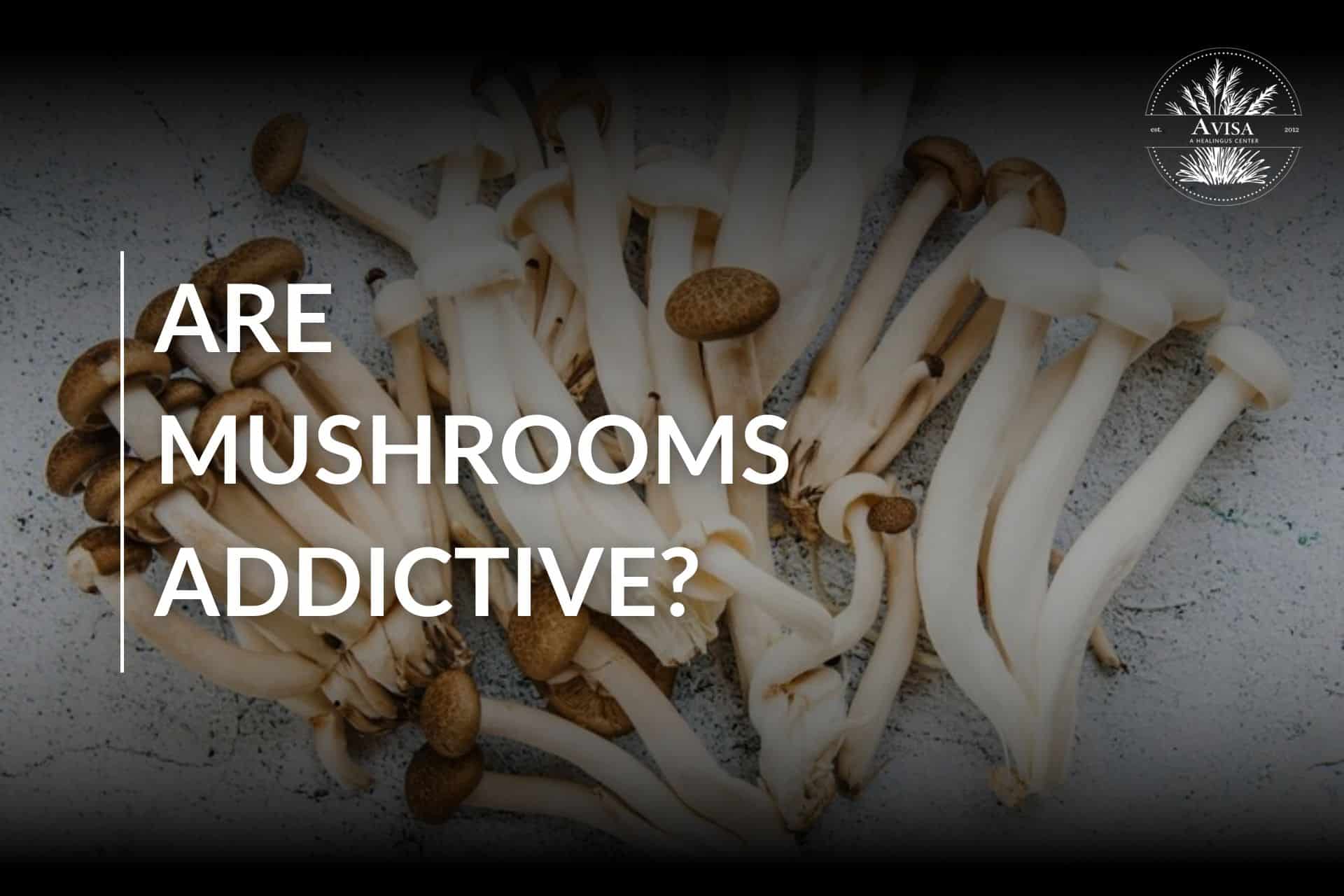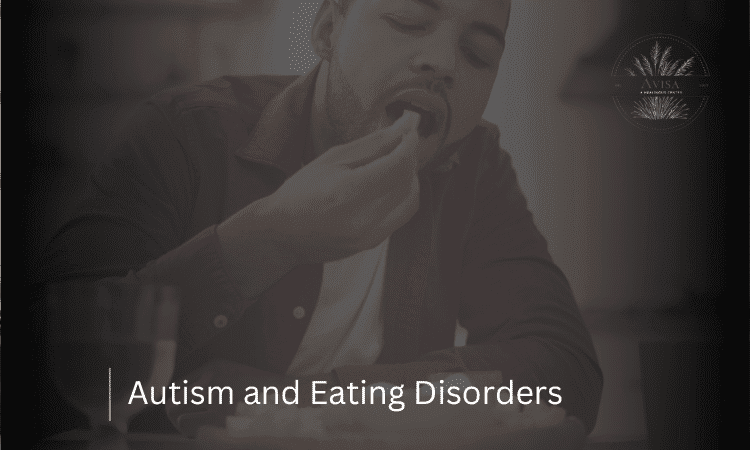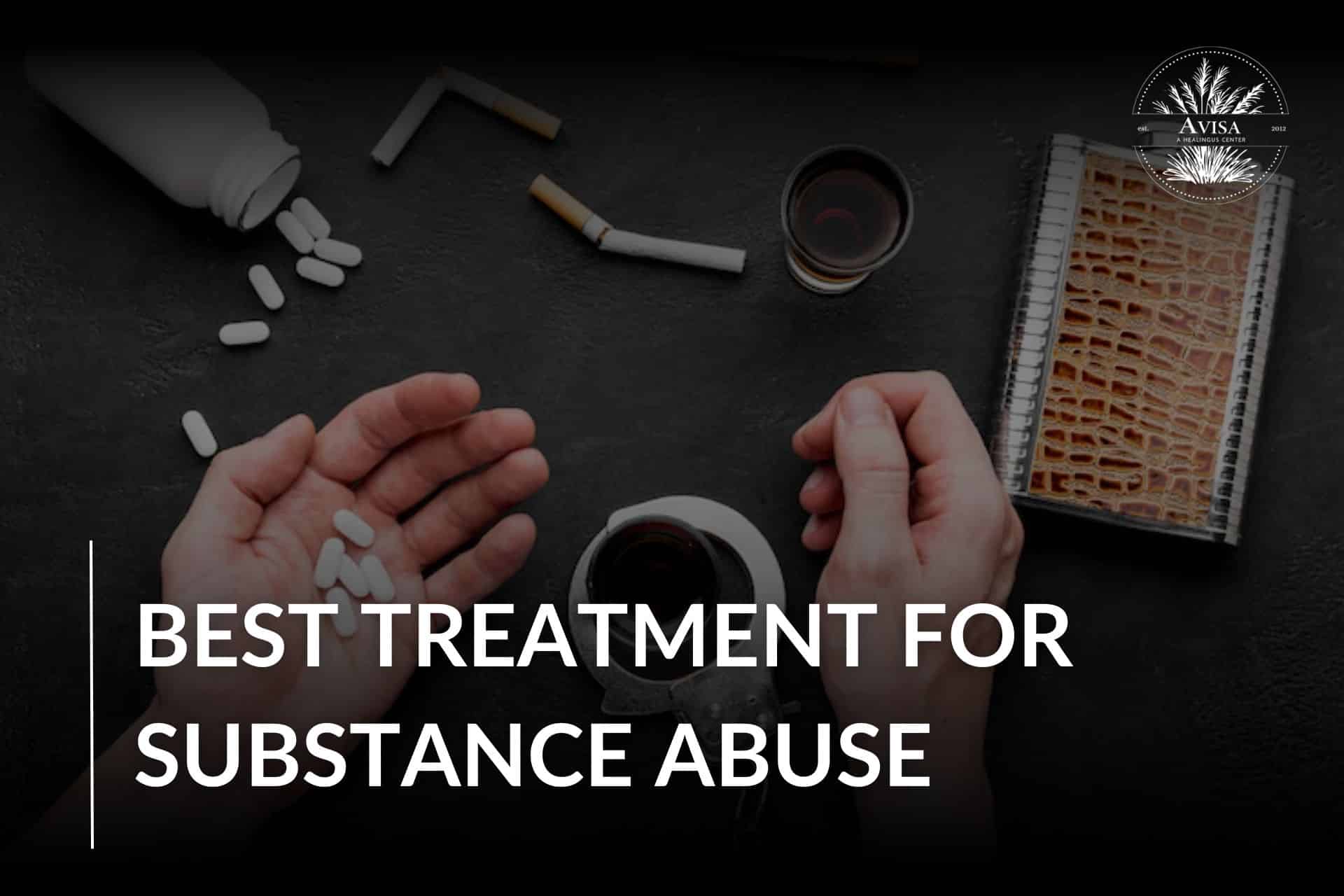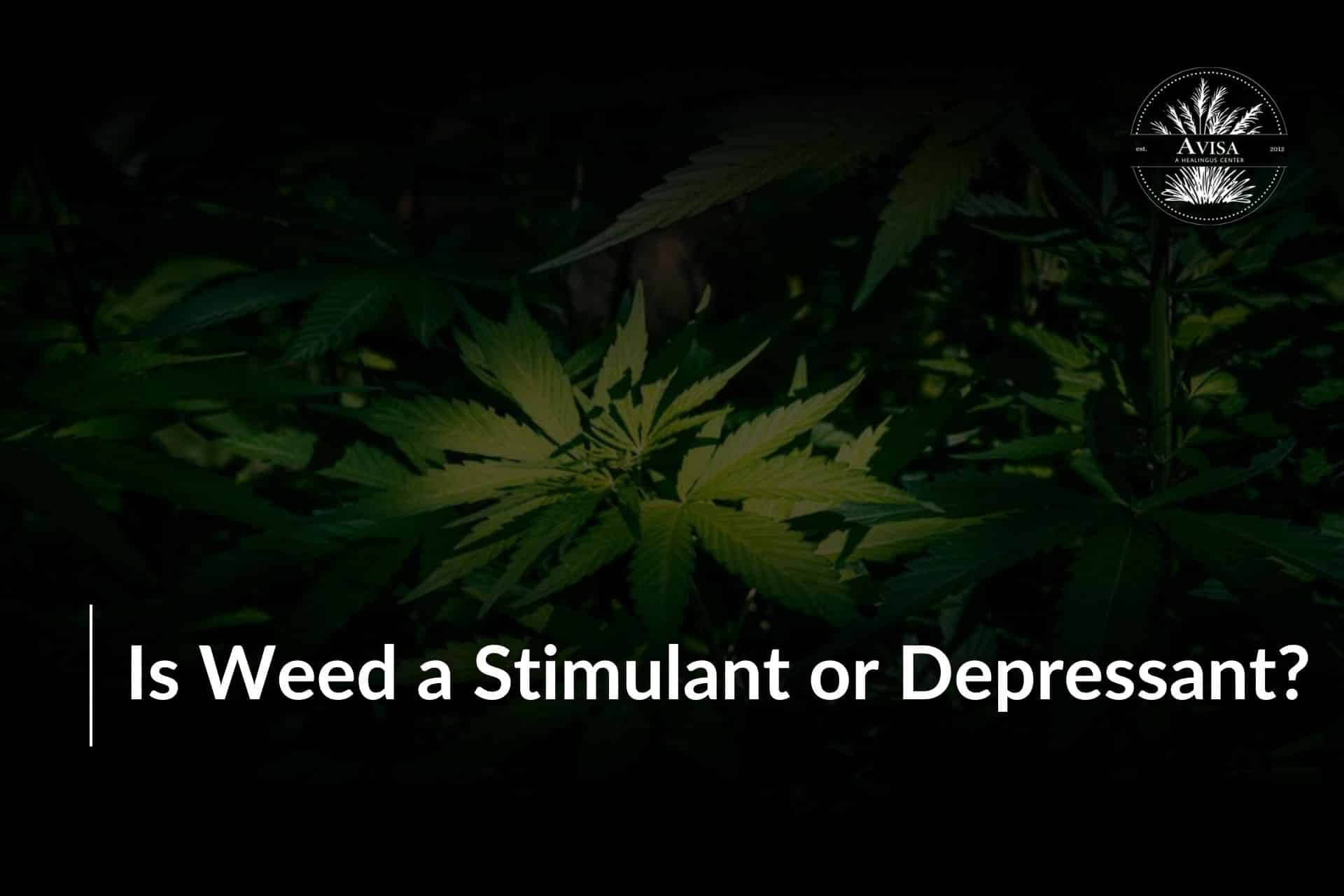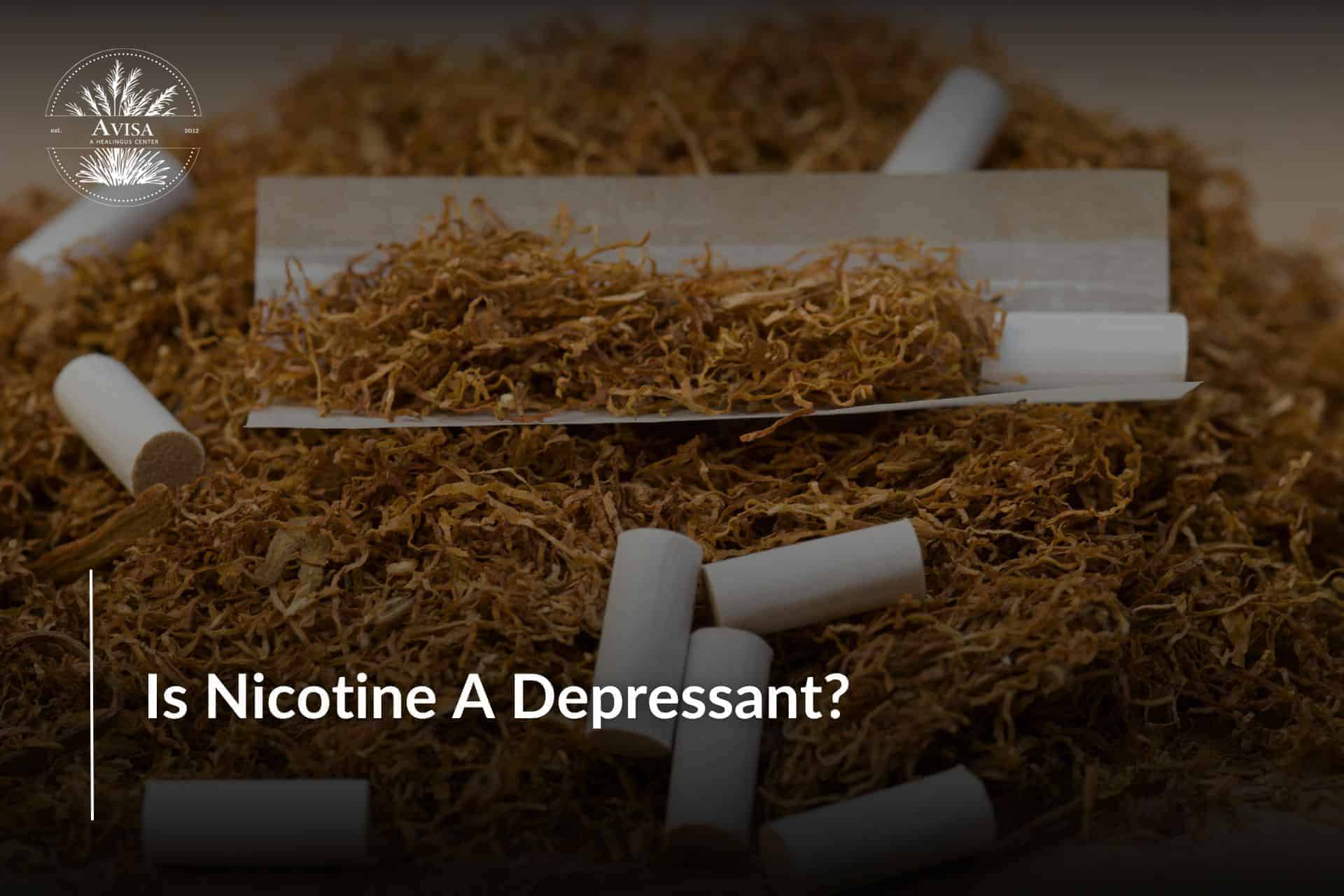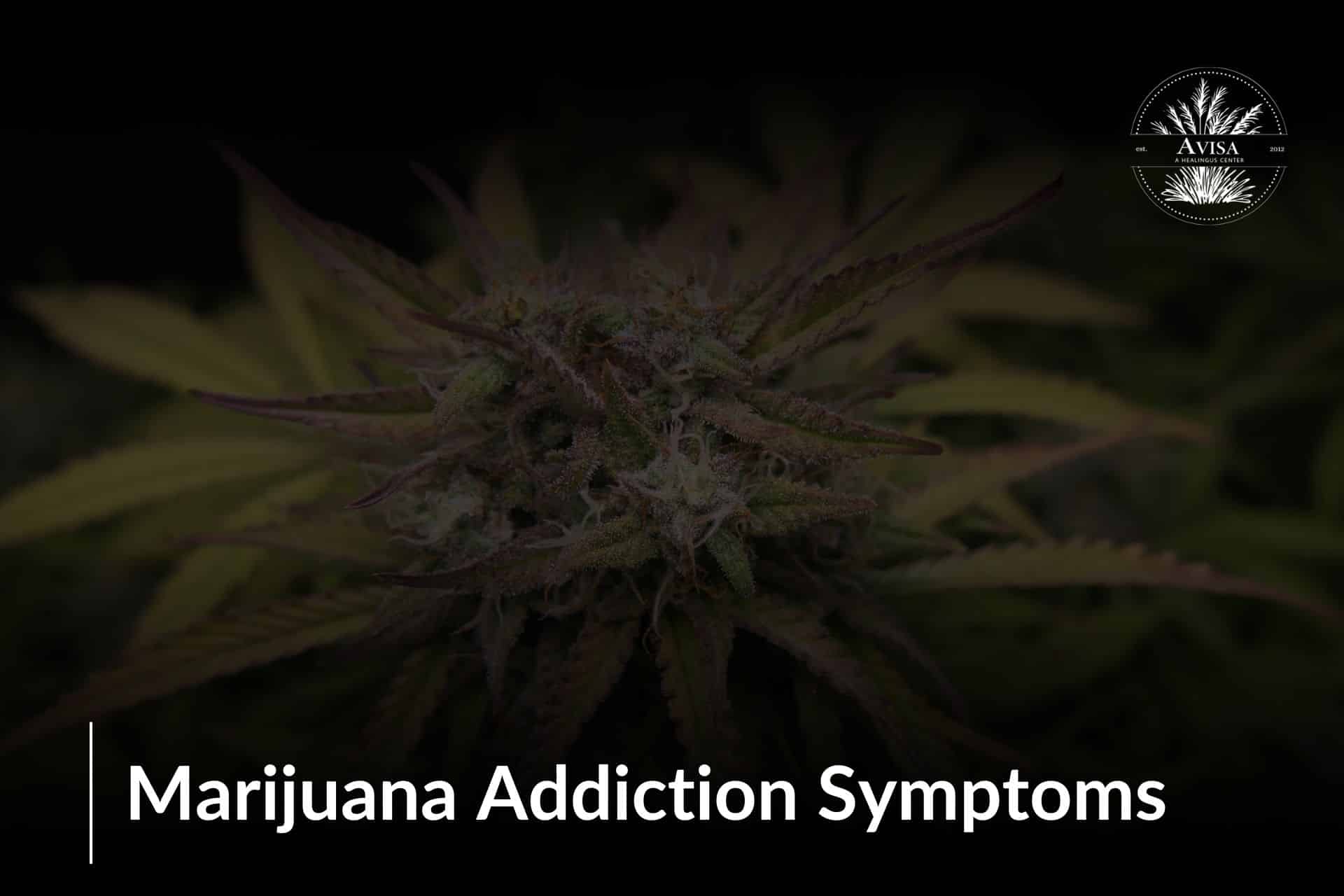Psilocybin mushrooms, also known as magic mushrooms, are fungi containing the psychoactive compound psilocybin. In recent years, psilocybin has attracted significant scientific interest due to its potential therapeutic applications.
While psilocybin mushrooms aren’t as addictive as common drugs like opioids or stimulants, research shows people who use them regularly don’t typically develop a full-blown addiction to mushrooms. However, they might keep using them to chase the positive feelings they experience. This could lead to problematic or even compulsive use patterns.
This guide will provide a professional overview of psilocybin and its potential for addiction to Mushrooms. We will explore the current scientific understanding of psilocybin’s effects on the brain and compare its addictive potential to other commonly used drugs.
Understanding Addiction to Mushrooms
Addiction to mushrooms is a chronic brain disorder characterized by compulsive drug seeking and use despite negative consequences. This means individuals with addiction continue to use a substance even though it causes significant problems in their lives, such as health issues, strained relationships, or job loss.
In the context of addiction to mushrooms, it refers to a compulsive pattern of using psilocybin mushrooms despite adverse consequences. This means someone might continue to use them even if it damages their health, relationships, or work life.
Physical vs. Psychological Addiction to Mushroom
Addiction to mushrooms can manifest in different ways, often categorized into physical and psychological addiction. Understanding these distinctions helps in recognizing the multifaceted nature of addiction, particularly when discussing substances like psilocybin mushrooms and their potential for addictive behaviors.
-
Physical Addiction to Mushrooms
-
- Definition: Physical addiction to mushrooms, also known as physiological dependence, occurs when the body becomes physically reliant on a substance to function normally.
- Mechanism: This type of addiction to mushrooms involves changes in the body’s chemistry and neurobiology due to prolonged substance use. The body adapts to the presence of the substance, leading to tolerance (needing more of the substance to achieve the same effect) and withdrawal symptoms when the substance is absent.
For substances like opioids, physical addiction manifests with withdrawal symptoms such as nausea, muscle aches, and sweating when the drug is not taken.
-
Psychological Addiction to Mushrooms
-
- Definition: Psychological addiction, also known as behavioral addiction, is characterized by a compulsive desire to use a substance for its psychological effects.
- Mechanism: Unlike physical addiction, psychological addiction is driven by the perceived benefits or rewards of using the substance. It involves craving the substance to experience pleasure, relieve stress, or cope with emotions.
Individuals with a psychological addiction to Mushrooms may experience intense cravings, even when they know it is harmful to their finances and well-being.
Understanding the interplay between physical and psychological addiction to Mushrooms is crucial when examining substances like psilocybin mushrooms. Psilocybin’s effects on addiction may involve both physical and psychological aspects, which we will explore further in this article.
Psilocybin and Addiction Potential
Psilocybin, the psychoactive compound found in certain mushrooms, interacts with the brain in intriguing ways, shedding light on its potential for addiction to mushrooms. Understanding these effects is crucial when exploring the addictive potential of psilocybin.
How Psilocybin Affects the Brain
When ingested, psilocybin is converted to psilocin, which then interacts with serotonin receptors in the brain. Specifically, it binds to serotonin 2A receptors, altering perception, mood, and cognition. This interaction is believed to be responsible for the hallucinogenic effects of psilocybin.
Research on the Addictive Potential of Psilocybin
-
Physical Dependence
-
-
- Research suggests that psilocybin does not typically lead to physical dependence. Unlike substances such as opioids or alcohol, where the body develops a reliance on the substance for normal functioning, psilocybin does not create the same level of physical addiction as mushrooms.
-
-
Compulsive Use
-
-
- Studies exploring compulsive psilocybin use are limited. However, existing research indicates that psilocybin is less likely to result in compulsive use compared to drugs with higher addictive potential, such as cocaine or nicotine.
- Individuals who use psilocybin often report a sense of introspection and spiritual experiences rather than a compulsive need to consume the substance repeatedly.
-
-
Comparative Addictive Potential
When compared to other substances, such as opioids, cocaine, or nicotine, psilocybin appears to have a lower potential for addiction to mushrooms. This is attributed to its unique effects on the brain’s serotonin system and the lack of significant physical withdrawal symptoms.
Psilocybin’s effects on the brain and its addictive potential are areas of ongoing research. While it may not lead to physical dependence or compulsive use to the same extent as other drugs, it is essential to approach its consumption with caution.
Risks and Potential Issues
Psilocybin, despite its potential therapeutic benefits, carries certain risks that individuals should be aware of. Understanding these risks is crucial for making informed decisions about its use.
Potential Risks Associated with Psilocybin Use
-
Psychological Problems
-
-
- Psilocybin can induce intense psychological experiences, which may be overwhelming for some individuals. These experiences can include anxiety, paranoia, or confusion, particularly in settings that are not conducive to a positive experience.
- Individuals with a history of mental health disorders, such as schizophrenia or bipolar disorder, may be at higher risk of adverse reactions.
-
-
Flashbacks
-
- Some individuals may experience “flashbacks,” where they re-experience aspects of a previous psilocybin trip days, weeks, or even months after ingestion. While uncommon, these flashbacks can be distressing and disruptive to daily life.
Psychological Dependence on Psilocybin
Craving the Experience
- Psychological dependence on psilocybin refers to the intense craving for the psychological effects and experiences induced by the substance. Users may find themselves yearning for the insights, euphoria, or spiritual experiences that psilocybin can provide.
Tolerance with Repeated Psilocybin Use
Development of Tolerance
- With repeated use of psilocybin, individuals may develop a tolerance to its effects. This means that they would need to consume larger doses to achieve the same level of psychedelic experience.
- Tolerance can increase the risk of consuming unsafe doses, as individuals may mistakenly assume they need more psilocybin to achieve the desired effects.
Mitigating Risks and Promoting Responsible Use
Set and Setting
The environment in which psilocybin is consumed plays a crucial role in the experience. A comfortable, safe, and supportive setting can significantly reduce the risk of adverse psychological effects.
Screening
Individuals considering psilocybin use should undergo screening to assess their mental health history and current state. Those with a predisposition to certain mental health conditions may need to reconsider or proceed with caution.
Education and Support
Providing education about the potential risks and effects of psilocybin is essential. Access to support resources, such as harm reduction information and mental health services, can help individuals make informed choices and seek help if needed.
Understanding these potential psychological risks, including the development of tolerance and psychological dependence, is crucial for those considering its use. By promoting responsible use, awareness of risks, and access to support, individuals can make informed decisions regarding psilocybin consumption.
Conclusion
While psilocybin mushrooms hold promise for therapeutic applications, their potential for addiction to mushrooms is a crucial consideration. Research suggests a lower risk for addiction compared to many other drugs, with psilocybin primarily presenting a risk for psychological dependence rather than physical dependence. However, the potential for compulsive use, flashbacks, and tolerance development necessitates responsible use and awareness of the associated risks.
For individuals considering psilocybin, a harm-reduction approach is key. Seek information about set and setting, undergo screening if possible, and prioritize education about potential risks and effects. Additionally, access to support resources can empower informed decision-making and offer assistance if needed.
Your well-being matters. Make informed choices, seek support, and approach psilocybin respectfully. Join Avisa; we are here to care for you with caution and respect.


